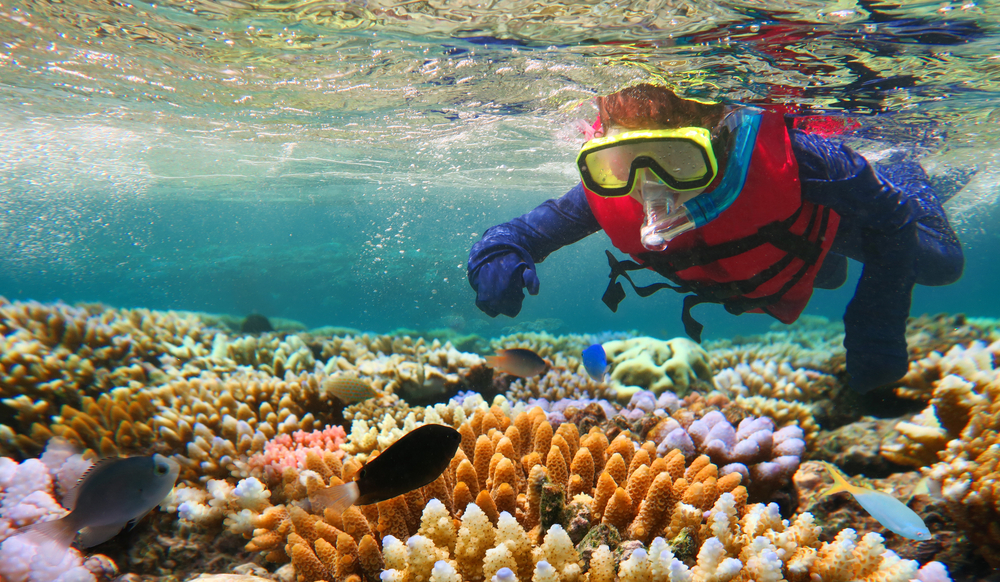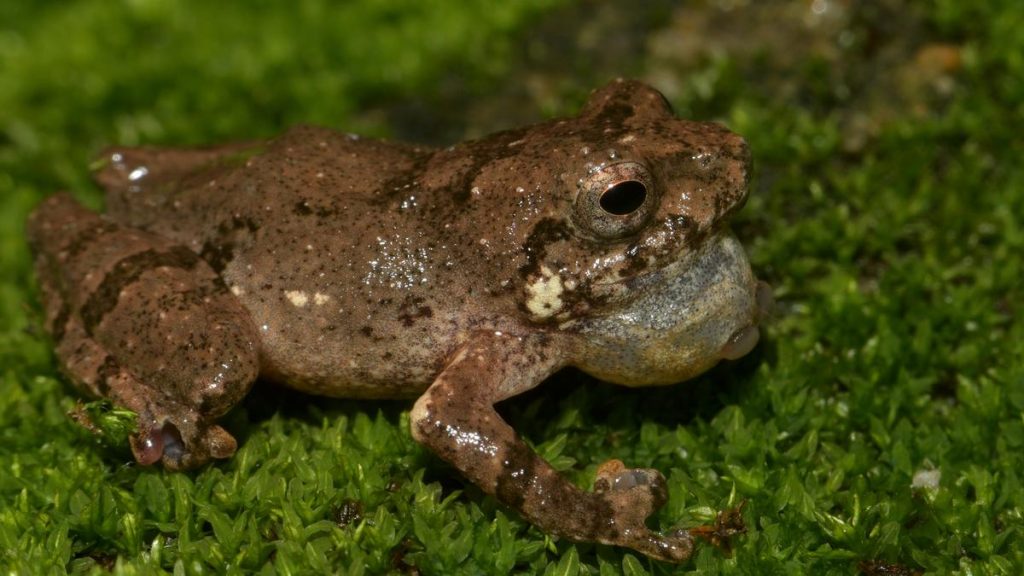Now Reading: Artificial Jelly Boosts Coral Settling with Familiar Scents
-
01
Artificial Jelly Boosts Coral Settling with Familiar Scents
Artificial Jelly Boosts Coral Settling with Familiar Scents

Rapid Summary:
- Coral reefs, vital for ecosystems and global economies, contribute $375 billion annually to industries like fisheries and tourism, supporting coastal communities.
- Up to 90% of coral cover may disappear in the next decade due to climate change and pollution, prompting urgent restoration efforts.
- A U.S., Italy, and Netherlands collaboration created a nanogel called SNAP-X that mimics chemical cues from healthy reefs to boost coral larvae settlement rates.
- SNAP-X uses silica nanocapsules loaded with compounds from algae extracts to form a biodegradable gel layer that attracts larvae by releasing signals over a month.
- Lab experiments show treated surfaces saw coral larval settlement rates increase sixfold on static surfaces and twentyfold under realistic water flow conditions compared to untreated areas.
- The method encourages sexual reproduction-based settlement, perhaps improving genetic diversity needed for resilience against environmental stressors such as warming oceans.
- scientists aim to refine the molecular composition of the extract used and plan broader testing across varied reef environments.
indian Opinion Analysis:
The development of SNAP-X represents an innovative step in addressing large-scale coral reef degradation globally-a concern relevant also for India’s vulnerable marine environments like the Andaman & Nicobar Islands or Lakshadweep reefs. The ability of this gel-based solution to enhance genetic diversity in rebuilt reefs holds promise against future threats like rising sea temperatures affecting Indian waters. However, scalability challenges remain due to reliance on live algae-derived compounds requiring further refinement for widespread use without ecological disruption.
For Indian policymakers engaging in coastal conservation strategies rooted in lasting blue economic practices (e.g., fisheries management), this technology could complement existing reef restoration approaches while opening avenues for marine research partnerships with international scientific teams advancing such techniques.
Read More: How Volunteers Are Helping Keep Coral Reefs Alive


























